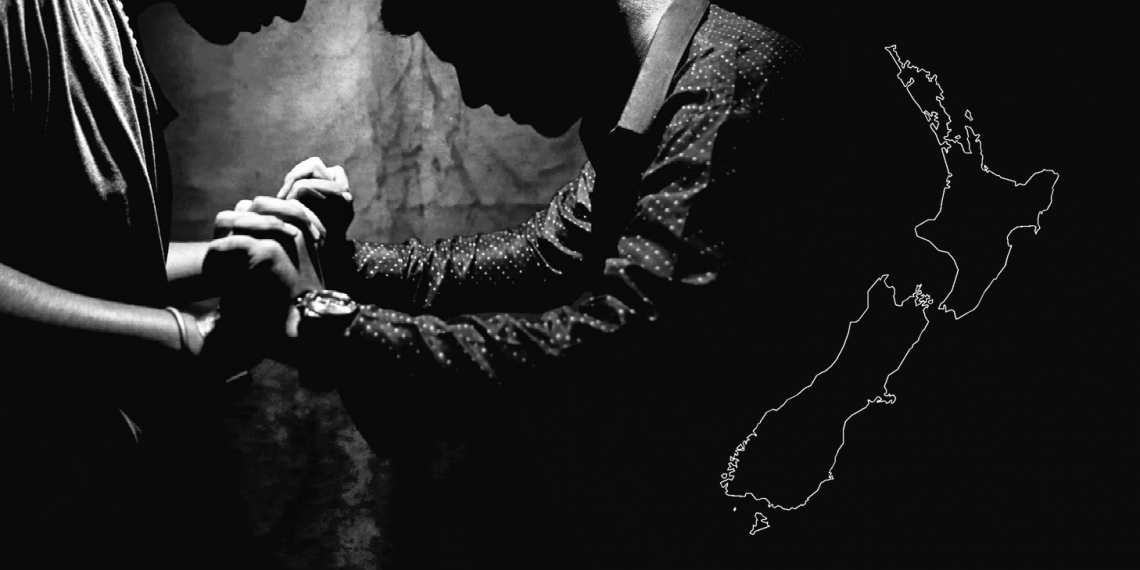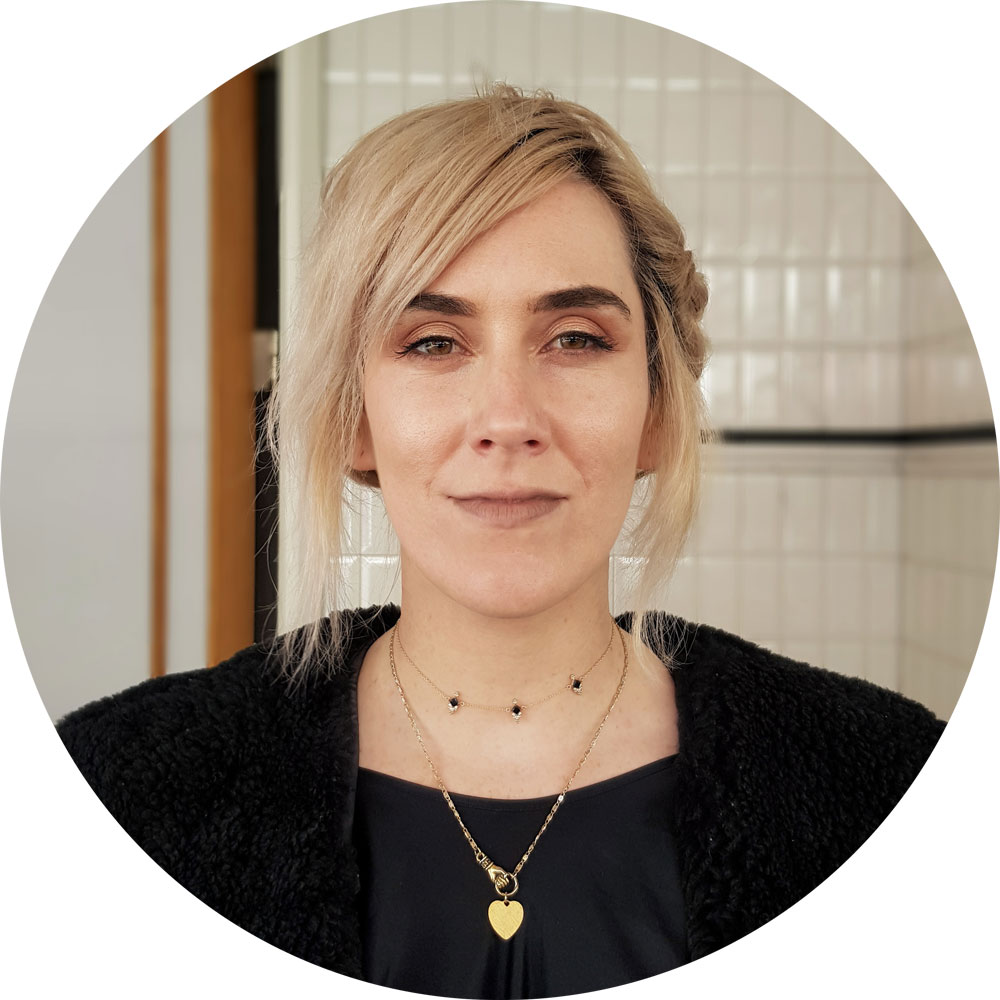You are here
New Zealand: The world's most secretly violent nation

Do you know who holds the world title for the worst rates of intimate partner and family violence? It's Aotearoa, New Zealand.
For a country that was once the first in the world to sanction women getting the vote, we have fallen a long way. New Zealand currently holds the horrific record of having the highest rates of intimate partner and family violence in the entire OECD. We are the last in the world for protecting our women and children in their homes.
'Violence against women and girls is one of the most widespread, persistent and devastating human rights violations in our world today.' - United Nations
The United Nations defines violence against women as 'Any act of gender-based violence that results in, or is likely to result in, physical, sexual or mental harm or suffering to women, including threats of such acts, coercion or arbitrary deprivation of liberty, whether occurring in public or in private life.' In 2016 alone, New Zealand Police reported 118,910 incidents of intimate partner and family violence.
That's one every 5 minutes, every day, for the entire year. Keep in mind that statistics from New Zealand Family Violence Clearinghouse and the government's community-driven collaboration 'It's OK To Ask For Help' say that 3 out of 4 IPV and family violence incidents aren't reported. Should those statistics prove true, that's close to 500,000 assaults a year.
Women's Refuge states that 'One in three women in Aotearoa will experience some form of abuse within their relationship, with many more coming dangerously close.' 2,852 women and children needed to use emergency accommodation at Women's Refuge safe houses this year.
Intimate Partner Violence
The term 'Intimate Partner Violence' or IPV reflects the abuse and broken trust within relationships of significant others, and 'Family/Whanau violence' reflects that violence expanding to involve children.
Many anti-violence organisations feel that the term 'domestic violence' has become synonymous with the sanitised euphemism 'It's just a domestic' - a throwaway phrase that sanctioned the violence as long as it remained behind closed doors. This update of language was needed to reflect the epidemic of violence suffered (often in secret) by partners and children around New Zealand.
Horrifically, the Ministry for Women points out that witnessing or experiencing violence as a child sharply increases the risk of victimisation in later life. The biggest risk factor for being a victim of IPV or sexual violence? Being a woman.
'A quarter to a third of New Zealand women will experience IPV or sexual violence in their lifetime... Most victims and survivors of both intimate partner violence and sexual violence are women, while most perpetrators are men.' - Ministry for Women
Te Rito Wellington Family Violence Network has an excellent resource on what intimate partner and family violence can look like, who perpetrates it and just what manners of power and control can manifest to harm women. They also have a button labelled 'Hide My Visit' which, when clicked, will instantly redirect you to Stuff's homepage so no-one can see what you have been looking at.
#MeToo social media campaign for sexual violence victims
Men's sexual violence against women in the governmental, political and religious sector has been brought to the fore recently. When news of American director Harvey Weinstein being accused of multiple sexual assaults spanning decades, actress Alyssa Milano asked anyone who had experienced sexual harassment, assault or abuse to post a status with #MeToo on Twitter to give a voice back to the victims.
In 24 hours, there were over 56,000 responses. On Facebook? 12 million posts, comments and reactions in a 24 hour period.
'Crime and injury statistics show how significant a problem domestic violence is in our country. It is one of the leading causes of injury and death to women, and also leads to short and long-term health problems such as mental illness, and problems with sexual and reproductive health.' - Women's Refuge New Zealand
White Ribbon and ending violence against women
A key focus for White Ribbon in 2017 was respectful sexual relationships and consent. White Ribbon targeted fathers, asking them to speak to their sons about 'enthusiastic consent... from all participants, for all activities'. This understanding of consent they say is the fundamental base of preventing sexual violence.
Using various resources, toolboxes, workshops and events, White Ribbon is an incredibly successful movement generated by a deep desire for change in men's violence against women. Below are some of their core aims:
-
Promoting fathers developing their sons’ respectful sexual behaviour, especially in sexual relationships. Fathers are much more likely to talk to their daughters about risks of sexual violence and consent, while sons also need this to strengthen their respectful behaviour.
-
Promoting respectful behaviour for all men. This involves promoting specific actions men can take, and appealing to their values and empathy, and that the behaviour gives them better relationships, happiness and health.
-
Promoting men to step out of the ‘Man Box’ and not be limited to traditional masculine behaviour. Moving away from the prescription that man must be in charge, only behave in certain ways, appear tough and get peer endorsement will reduce a man’s risk of using violence against women and give him better relationships, happiness and health.
'I will stand up, speak out and act to prevent violence towards women.' - White Ribbon Pledge
Leave No One Behind
The United Nations has also launched an impressive global campaign called Leave No One Behind: End Violence Against Women And Girls. Check out their statistics, resources and videos to see the ways you can lead the charge in ending violence against the women of the world.
Let's make New Zealand famous for the way we love, respect and honour our women. Let's be the first in the world to gain gender equity throughout our country. Let's put away the fists and take up our mantle, as a mighty community - though small, we can lead the world by example just as we did when we carved new ground for women voting 124 years ago.
